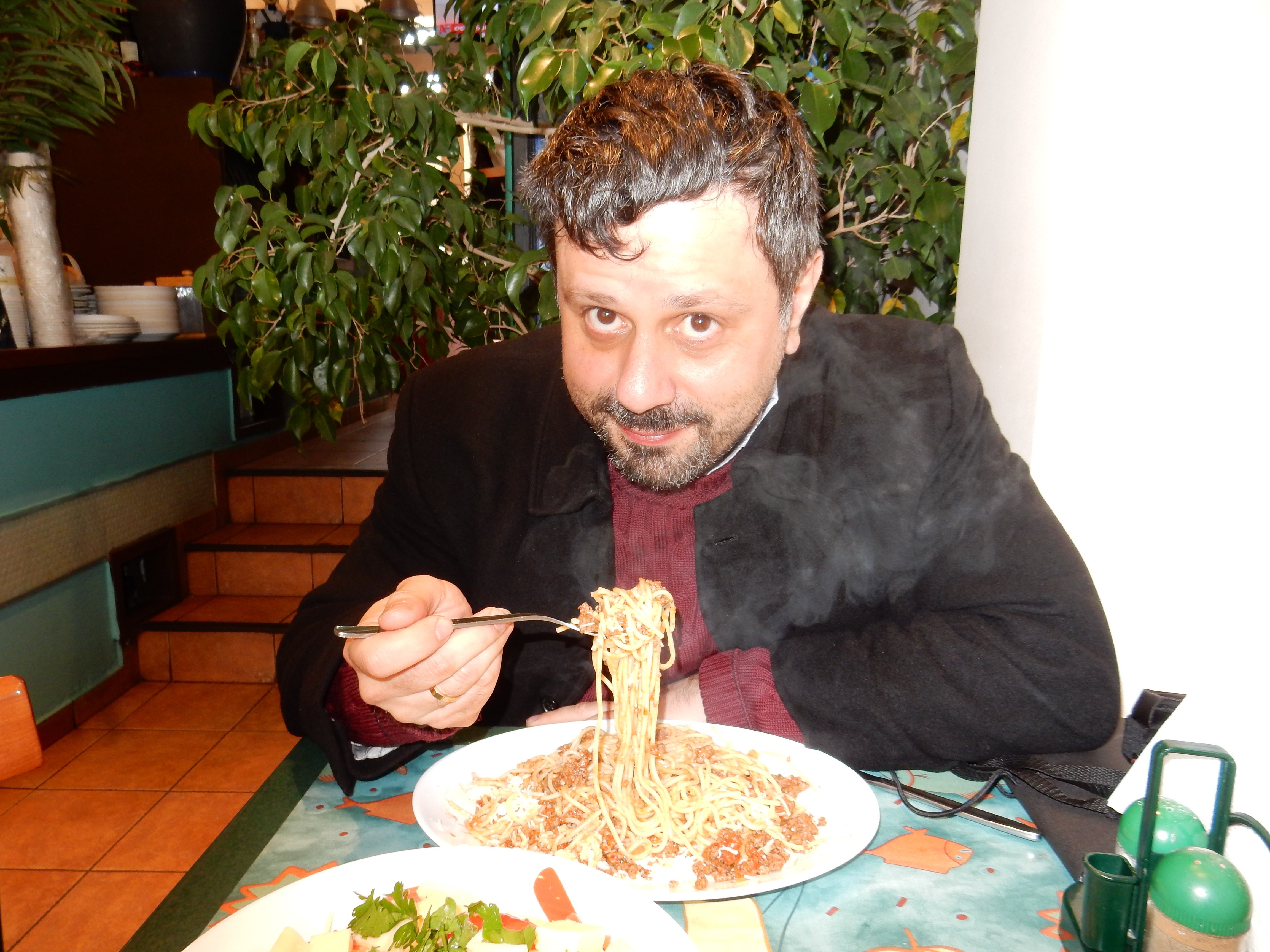Preamble:
I AM NOT SAYING THIS JUST TO IMPRESS User.
Ahem.
Um, nah. It’s not objectively ugly. What name is? It’s just a bunch of phonemes. Is Melanie ugly, because it sounds like melanoma? Is Mycroft ugly, because it sounds like Microsoft?
Any ugliness we associate with names is cultural. And what’s an Anya ever done to you?
I could put in an anecdote about an Anya my wife studied with; but Quora is googleable, so I’ll pass.
What Anya is though, is unfamiliar in an English-language environment. If an English-speaking shmuck in high school hears an unfamiliar name, of course they’re going to scramble to find things about it to make fun of. Because they’re shmucks.
Now, pronouncing it as “Awnya” instead of “Ahnya”: that, I might take issue with…
